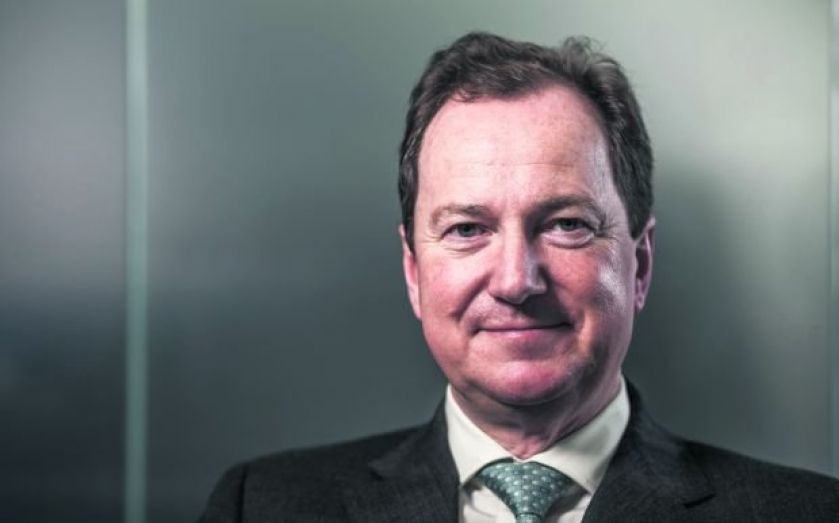Aldermore boss Phillip Monks says he doesn’t want to pay dividends

If you go to the big banks’ annual general meetings you can be sure to meet angry investors. They turn up every year to complain that dividends are too low or even non-existent, and the banks’ managers are failing to provide the returns they need on their savings.
So Aldermore’s boss Phillip Monks might be taking a risk when he says he does not want to pay dividends at all, just as he launches the bank on to the stock market.
“If you look to 2017, we want a return on equity of 20 per cent, a cost to income ratio of 40 per cent, and a bank that is continuing to grow,” he told City A.M.
“Then we will turn to investors and ask if they want to reinvest the money to keep on growing, or if they want to take dividends.”
‘If market conditions are still as they are now, I would prefer to keep on growing.”
So far Aldermore has had a very good run.
Established in May 2009, it has expanded into the small business and mortgage markets at a time when the biggest banks have been slashing lending levels – by some estimates lending has contracted by about £1.5 trillion over the period.
That lack of competition makes growth relatively easy for a new bank with no legacy problems, no regulatory fines and no dodgy IT systems. But it might find sustaining that growth more difficult when those giant lenders fully recover and start hoovering up business.
“The market is growing, and we’re taking market share off the big incumbents – they are like the icebergs in global warming. They are definitely melting, but cannot always see it,” he predicts. And he similarly dismisses any worries over rival challenger banks which could take on Aldermore on its own turf.
“There is talk about a lot of new banks coming to market, but we haven’t seen that many. They have not really got there,” expressing pride at being the boss of a rare new bank which has made it off the ground successfully.
However, Monks does admit there are some risks which could blow the bank’s progress off course.
“We are confident that at our conservative loan to value ratios there are no credit shocks coming our way as a result of interest rate rises,” Monks said.
“But clearly if rates rise rapidly and quite high, then they may go beyond what we’ve planned for.”